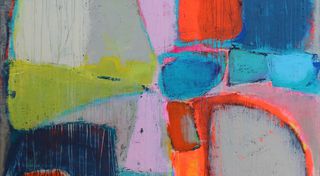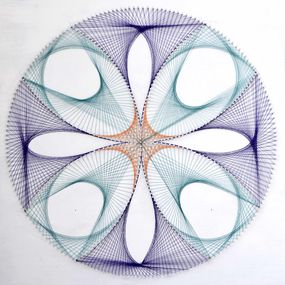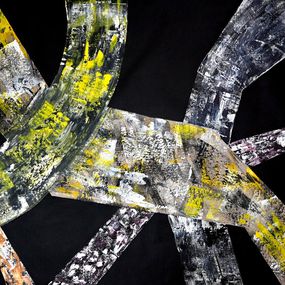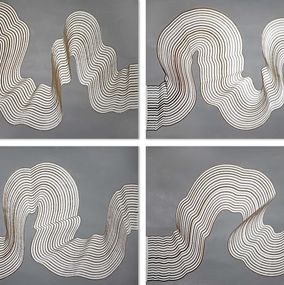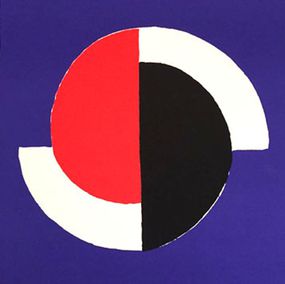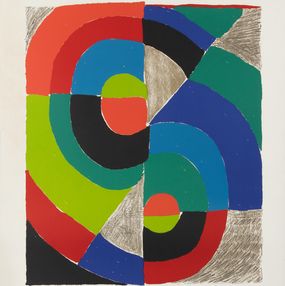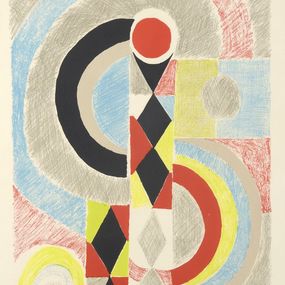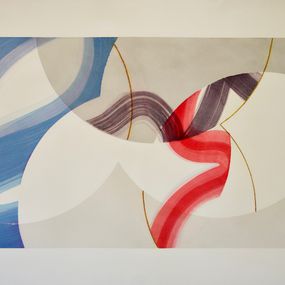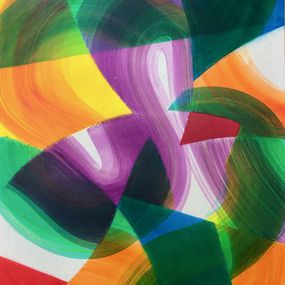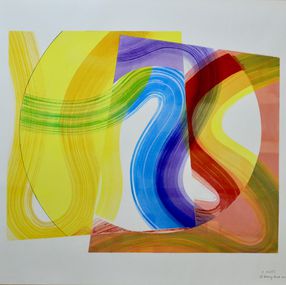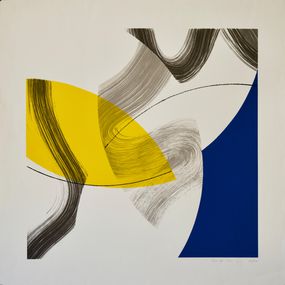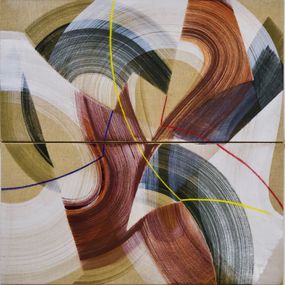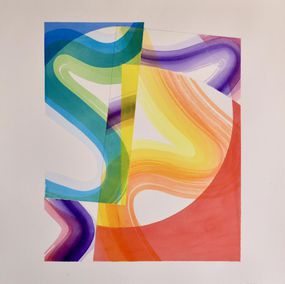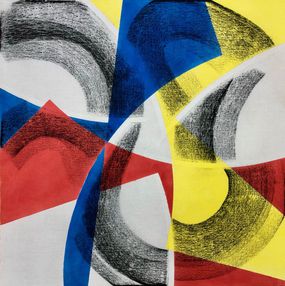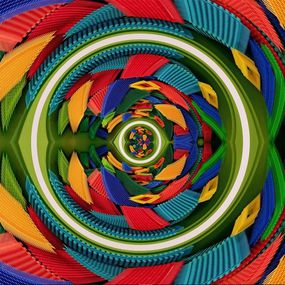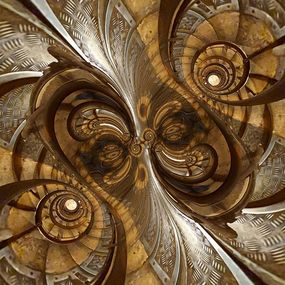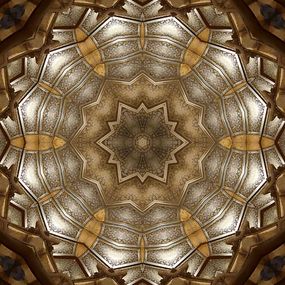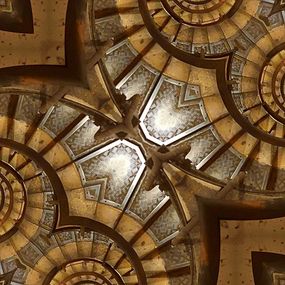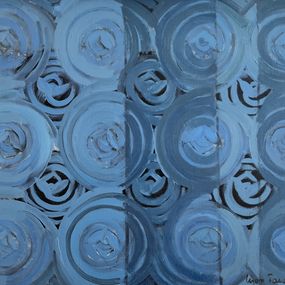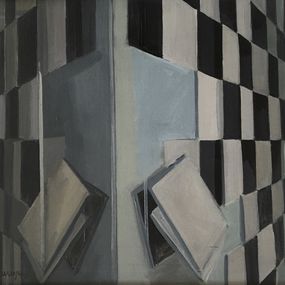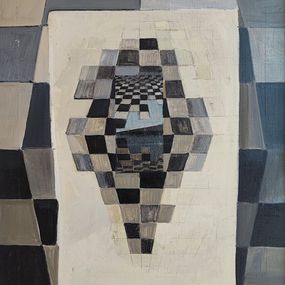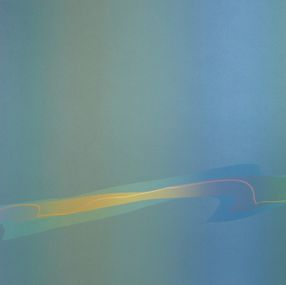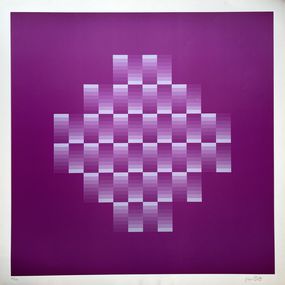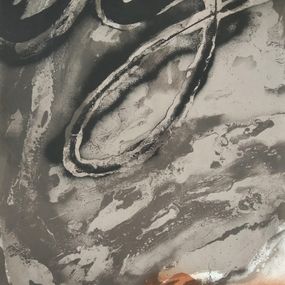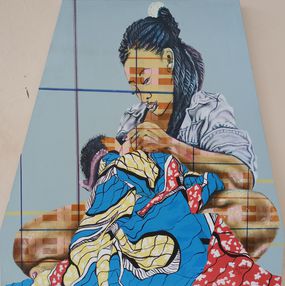
Movement Orphism
Orphism, or Orphic Cubism, is a term that was first coined by Guillaume Apollinaire in 1912, who quoted "cubism is dead [...] the reign of Orpheus begins." The movement is named after Orpheus, a heroic icon of art, music and poetry in Greek mythology. Apollinaire used the term “Orphism" to describe Robert Delaunay's kaleidoscopic, luminous and almost abstract paintings. It was additionally used to refer to the paintings of his wife, Sonia Delaunay Terk (née Sarah Stern). This movement also refers to the works by the 'Puteaux group,' a collection of painters, sculptors, poets and critics who organised and exhibited at the Salon de la Section d'Or (Golden Selection) showing.
Orphists sought to distance themselves from figuration by using form and colour to communicate the meaning of their works, transitioning from Cubism to abstraction. In Orphic Cubism, artists have complete artistic liberty over the work's content, approaching their canvas in ways that allows them to convey a desired meaning. Orphists prioritise the purity of shape and colour in their works, demonstrating a 'pure abstraction' through the 'simultaneous' contrasting of colours.
This movement entered the American scene a little later with the introduction of Synchronism, a movement that used painting to demonstrate the correlation between colour and music. Orphic Cubism also influenced many modern artists, such as American artist, Patrick Henry Bruce, and members of the German expressionist group, Blaue Reiter.
Robert and Sonia Delaunay
The husband and wife duo met in 1907, and were the central figures to the Orphism movement; ardently creating and working together to introduce art into everyday life. Whilst Sonia was open to experimenting with her art, Robert remained a devoted painter and theoretician; theorising their use of colour and light. The Delaunays used bright colours to lift the heavy blanket of mourning that shrouded post-war Paris, breathing positivity and life into their works. Sonia frequently put herself second, working hard to promote her husband's works, and only recently have her works gained the recognition they deserve.
Contemporary artists of today continue to use Orphist techniques to communicate with their viewers. Discover the artists on Artsper who hypnotise and captivate their audience through vibrant and abstract compositions.
